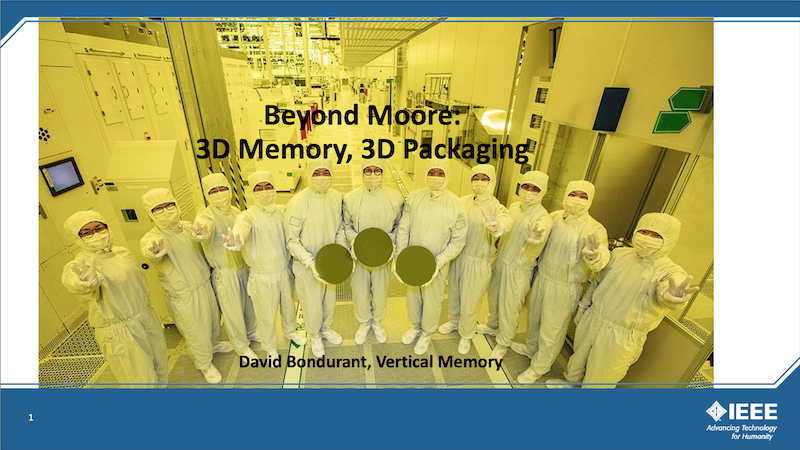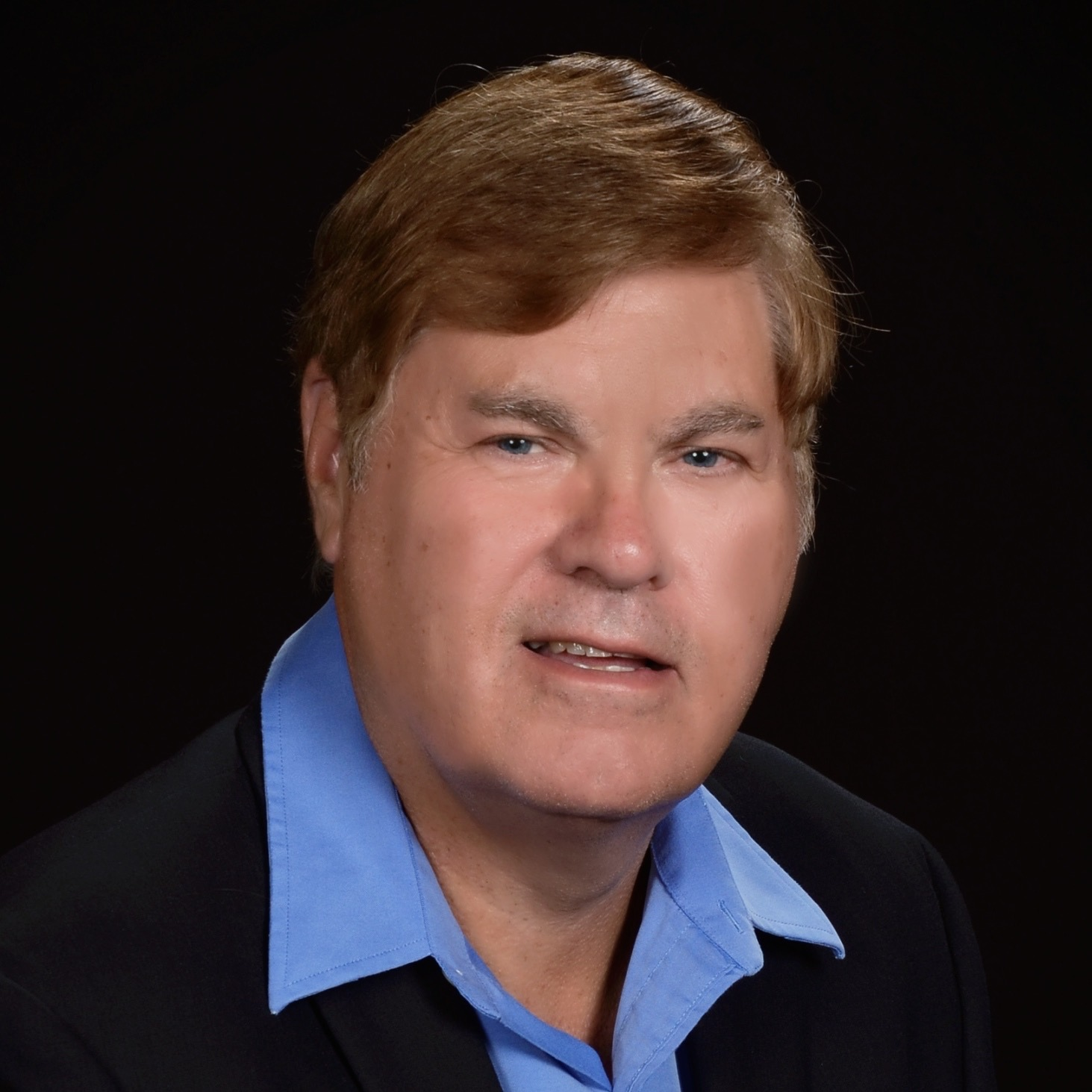Beyond Moore: 3D Memory, 3D Packaging
“If we make them smaller, we can make them faster” has been the approach to building faster computers over the last 70-years starting with the first transistors and continuing as we built increasingly more complex integrated circuits. This was known as “Moore’s Law”. Recently, our technology is no longer achieving higher densities as we scale to smaller features sizes first with NAND Flash and now with SRAM and DRAM. New techniques known as Beyond Moore are required to continue to build faster and more complex computers. David Bondurant reviews the emergence of 3D memory and 3D packaging as today’s approach to building the fastest Supercomputers and AI Processors.
Date and Time
Location
Hosts
Registration
-
 Add Event to Calendar
Add Event to Calendar
Loading virtual attendance info...
Speakers
Beyond Moore: 3D Memory, 3D Packaging
Biography:
David Bondurant has been involved with the computer and semiconductor industry for 53-years. He was a computer architect at Control Data, Sperry-Univac, and Honeywell. He was involved with the government-sponsored advanced semiconductor program called VHSIC (Very High Speed Integrated Circuits) at Univac & Honeywell where he developed microprocessor and ASIC semiconductor products in bipolar CML, CMOS, and radiation hard CMOS. He was involved with emerging non-volatile RAM marketing at industry leading companies, Ramtron (FRAM), Enhanced Memory Systems (EDRAM, ESRAM), Simtek (non-volatile SRAM), and Freescale Semiconductor/Everspin Technologies (MRAM) as they became viable over the last 30-years.



